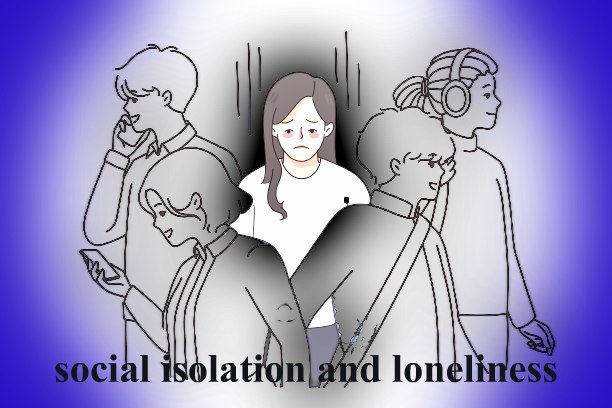The Intersection of Science and Spirituality: Can Science Explain the Soul?

The concept of the soul has been a fundamental part of human belief systems and philosophies for centuries. It has been the cornerstone of various religious and spiritual traditions, offering answers to questions about the nature of consciousness, life after death, and the essence of our being. However, as we progress in the realms of science and technology, we find ourselves asking whether science can provide any insights into the enigmatic concept of the soul. In this blog, we will explore the intersection of science and spirituality and investigate whether science can explain the soul.
The Nature of the Soul
Before delving into the science-spirituality intersection, let’s briefly define the soul. Across different cultures and belief systems, the soul is often described as the immaterial essence of an individual that persists beyond physical death. It is seen as the seat of consciousness, emotions, and personal identity. While this description may vary among cultures and religions, it generally encompasses the idea that the soul is something distinct from the physical body.
“The intersection of science and spirituality is where we find the most profound questions about the nature of reality and our place in it.”
— Amit Ray
Scientific Approaches to Understanding Consciousness
Science has made significant progress in understanding the nature of consciousness, which is closely linked to the concept of the soul. Researchers in fields like neuroscience and psychology have made strides in unraveling the mysteries of the human mind. They have identified brain regions responsible for various aspects of consciousness, studied altered states of consciousness, and even explored the neural basis of spirituality.
However, science’s ability to explain the soul in its entirety remains limited. Consciousness studies can tell us about the workings of the brain, but they have not yet answered the profound questions about the nature of subjective experience, self-awareness, and whether consciousness can exist independently of the physical body.
The Mind-Body Problem
One of the central challenges in understanding the soul from a scientific perspective is the mind-body problem. This philosophical dilemma asks how the physical brain and the immaterial mind or soul interact. Materialist theories suggest that consciousness is an emergent property of the brain’s complex functions, while dualist theories propose that the mind or soul is a separate entity that interacts with the body.
While scientists have made advances in mapping brain activity and understanding cognitive processes, the mind-body problem remains unsolved. It continues to be a subject of debate among philosophers and scientists alike, highlighting the limitations of a purely materialist perspective.
“Science explores the outer cosmos, but spirituality delves into the inner cosmos of the human spirit.”
— Unknown
Quantum Physics and Consciousness
Some proponents of the idea that science and spirituality can intersect point to quantum physics as a potential bridge. Quantum physics explores the behavior of particles at the subatomic level and has led to intriguing theories about the role of consciousness in the universe.
For instance, the observer effect in quantum physics suggests that the act of observation itself can influence the behavior of particles. This has led some to speculate that consciousness plays a fundamental role in the fabric of reality. However, these ideas remain highly speculative and are the subject of ongoing scientific inquiry.
Conclusion
The intersection of science and spirituality regarding the concept of the soul is a complex and multifaceted topic. While science has made significant strides in understanding consciousness and the brain, it has not definitively explained the existence or nature of the soul. The soul remains a deeply philosophical and spiritual concept that transcends the boundaries of scientific inquiry.
Ultimately, whether science can fully explain the soul or not, the exploration of this intersection is a journey that continues to captivate the human imagination. It reminds us that the pursuit of knowledge, whether through scientific or spiritual avenues, is a testament to our innate curiosity and our quest for understanding the mysteries of existence.






